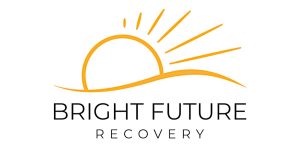Detox treatment without any follow-up care is almost worthless. Even 30-day programs don’t tend to get great results. When it comes to addiction, the person likely spent years on using, and eventually abusing, the substance. It’s hard to expect them to completely undo all of that damage in just a handful of weeks.
This is why we tell individuals and families that when recovery begins, they need to be in it for the long haul. You can’t say, “I’m recovered,” after one month, or even one year, really.
What’s the optimal length of treatment – between detox, inpatient and outpatient programs? At least 90 days – more, if your bank account or insurance allows it.
The National Institute on Drug Abuse now says that 90-day addiction treatment programs should be the standard, not 30-day programs. One study found a relapse rate of as low as 15 percent within the first year after participants graduated a 90-day program.
Intervention? Detox? These are just the first steps in what should be a long journey to sobriety. You can find those services here at Bright Future Recovery, but remember that we can also help map out a long-term treatment plan for your loved one, one that takes your insurance plan into consideration.
After graduating our detox program, we can help immediately move your loved one into the next phase of treatment, ensuring seamless progression in the rehabilitation process.












